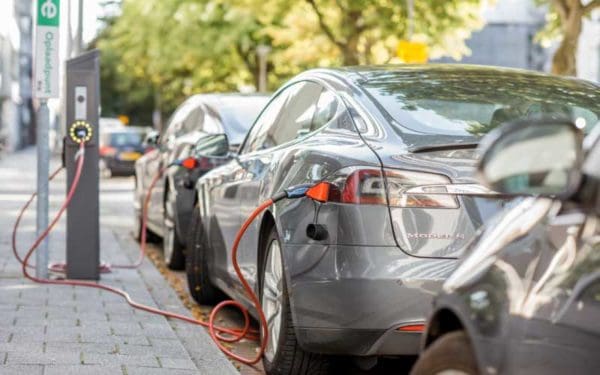What Is Greenwashing?
Some of the world’s biggest polluters want us to believe they’re going green – but they’re really just hiding “business as usual” behind slick words. Here’s how to spot greenwashing in action.
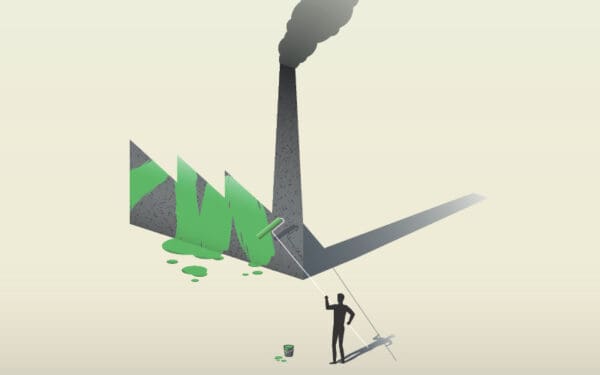
Some of the world’s biggest polluters want us to believe they’re going green – but they’re really just hiding “business as usual” behind slick words. Here’s how to spot greenwashing in action.

Offshore wind energy is critical to the future of Maine. It is a necessary step in growing our economy and a crucial piece of meeting our obligations to reduce our reliance on polluting fossil fuels.
Big Gas and Oil and utility companies are urging us to use hydrogen like we do other fossil fuels – which will damage the climate and our health

Clean energy can help us slash the carbon pollution driving heat waves, storms, and floods.
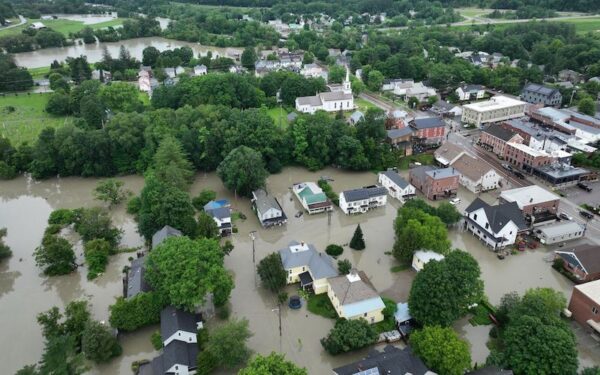
“People have complained about the odors and pollution for years,” said Heather Govern, an attorney at CLF. “This odor is very unique, it smells like a chemical but also a soap, which the glycerin operations is causing. The smells are not supposed to permeate and travel.”
Elena Mihaly, director of CLF Vermont, said the project “makes no economic or environmental sense.” “Projects like this one generate as much polluting methane as possible, lock farms into industrial dairying, and saddle Vermonters with the bill for expensive, unnecessary gas infrastructure,” she said in a press release.
Maine’s proposed rule to spur electric vehicle purchases should go farther
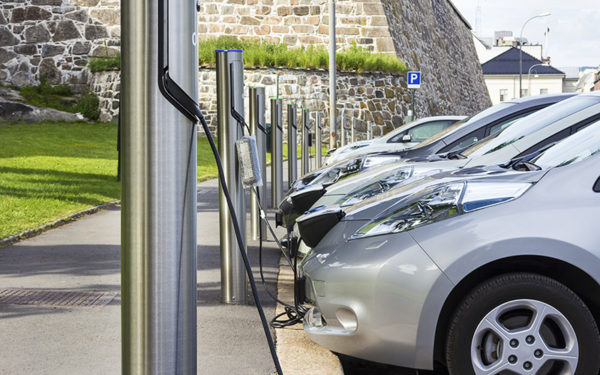
“The Bellevue Project makes no economic or environmental sense,” said Elena Mihaly, Vice President of CLF Vermont. “Vermont should prioritize projects that help farms avoid producing climate-damaging emissions in the first place. Projects like this one generate as much polluting methane as possible, lock farms into industrial dairying, and saddle Vermonters with the bill for expensive, unnecessary gas infrastructure.”
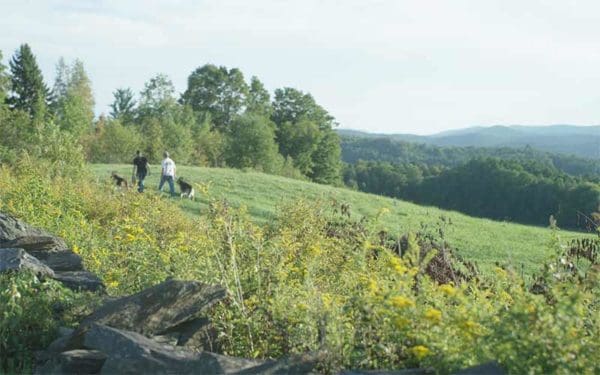
Massachusetts’ waterfronts have always played a critical role in the state’s economy, supporting our fishing, shipping, and energy industries, among others. But those industrial uses haven’t always benefitted the communities that host them.
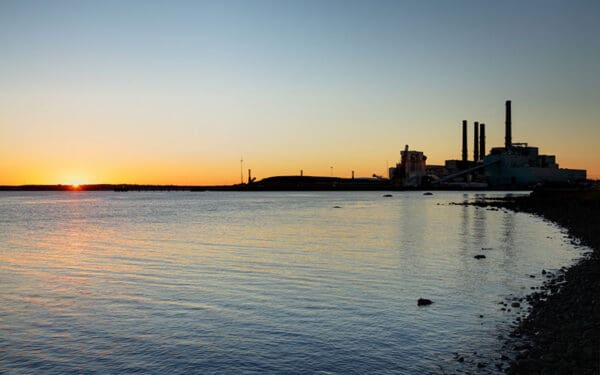
“Harmful emissions from gas-powered cars and trucks are driving the climate crisis and polluting the air in our communities,” said CLF attorney James Crowley. “Rhode Island has an opportunity to tackle the climate crisis while cleaning up the air in our neighborhoods. It’s time to ditch fossil fuels once and for all, and these new rules will help us get there.”
